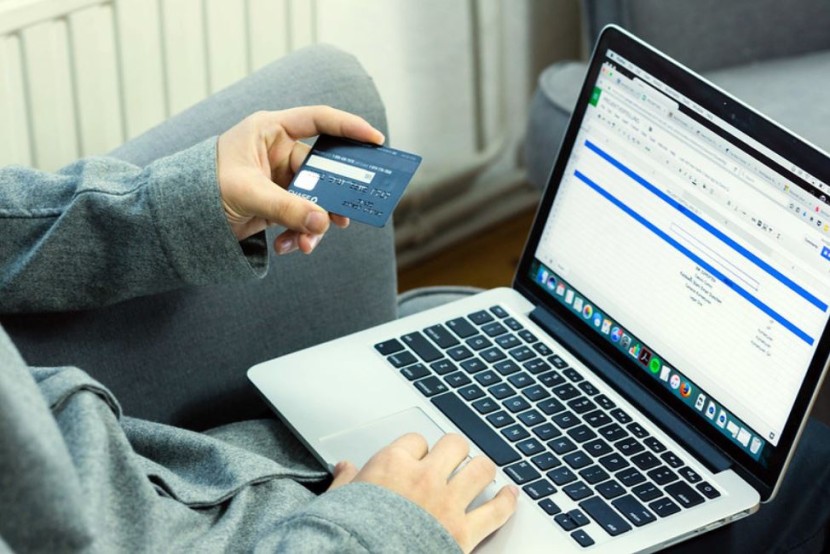
Despite the economic crisis that people are facing, scammers are still everywhere. They are taking advantage of the desperation of citizens to get financial help as many cannot go to their jobs or open businesses due to the pandemic.
The majority of the stimulus checks from the CARES Act were already distributed. This serves as an aid to Americans that are badly affected by the economic crisis of the coronavirus pandemic. CPA Practice Advisor previously reported that about 159 million stimulus check was already paid.
Scammers Schemes
Although millions already received their payments, there are still others who have not received any cash assistance yet. Some US citizens are waiting for the release of a second stimulus payment.
As many struggles, scammers are looking for ways to take advantage of the situation. Over 180,000 websites were already created with the goal of stealing details from people. Hence, the Federal Trade Commission and the IRS released a warning to those who are anxiously waiting to ensure that they will not fall on the trap of these scammers.
These scammers will tell people that they need to pay for a certain fee in order to claim their financial assistance. This is apparently wrong because the stimulus payments' aim is to help the recipients who are having problems with their finances. It is ironic to ask for money from those who actually need money.
The citizens are warned to avoid giving their social security card numbers, bank account numbers, or government benefits debit card account numbers. The IRS won't contact people via call or e-mail but only through US mail. Hence, it is advised not to believe calls and e-mails about the stimulus check.
"The FTC also warns about scammers trying to convince people to give them their social security card number, bank account or government benefits debit card account number," warns FTC.
Apart from that, the IRS said that there's a huge increase of phishing schemes for keywords that target "Corona Virus," "Covid-19," and "Stimulus." This scheme aims to identify and acquire personal information, including account numbers and passwords.
How to Avoid Stimulus Check Scams
Everyone should avoid sharing personal information via phone or e-mail. Calls claiming they are from FTC or IRS or anything related to stimulus checks are scams.
The only way to send information to IRS is through their official website. People can also call the dedicated stimulus check helpline at 800-919-9835.
© 2025 HNGN, All rights reserved. Do not reproduce without permission.








